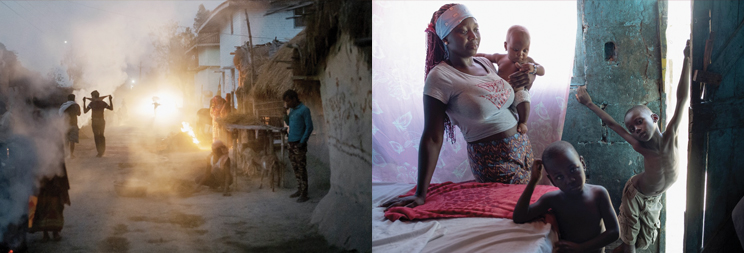
What happens when a person's identity is disputed to the point of depriving them of any official existence? They become stateless: recognized by no country, not even the one they consider their own. There are said to be over 10 million stateless people in the world (a large majority is unrecorded) and, contrary to popular belief, they are not necessarily refugees. Very few have left their country of birth, where their families have lived for generations.
Knowing who belongs to a nation and who does not, who has access to resources and who is deprived of them, is a burning issue in our era marked by identity crises and exacerbated populism. For Hannah Arendt, citizenship is ""the right to have rights."" In ""The Origins of Totalitarianism,"" the philosopher described the process of dehumanization that stateless people face. Citizenship becomes a weapon to strip rights from those who may threaten political, ethnic, or economic interests.
To understand this mechanism, William Daniels has been meeting and photographing stateless communities - or those at risk of statelessness - in several countries for years.
Through about fifty photos, the Festival des Libertés illustrates this work to raise public awareness about the complex and often painful reality of stateless people. These photographs aim to highlight personal stories and challenges faced by those living without official nationality, exploring themes of identity, exclusion, and human rights.
